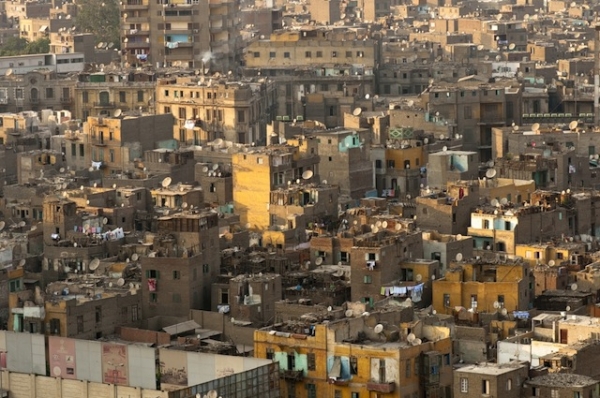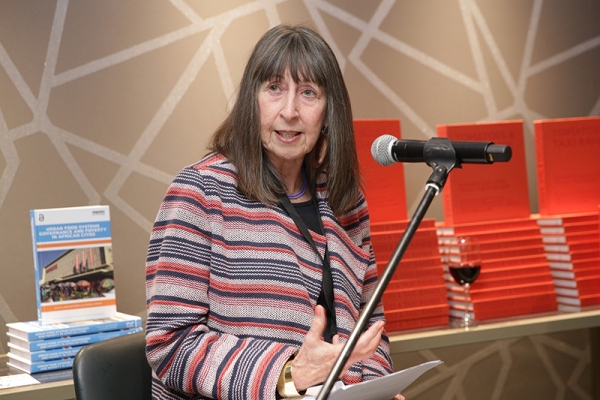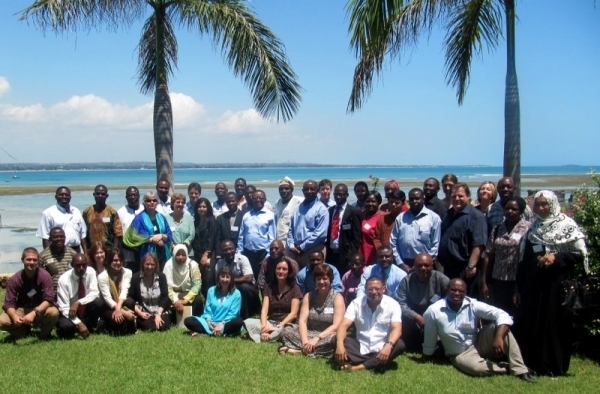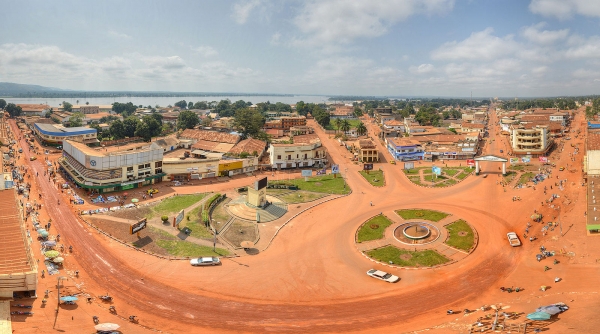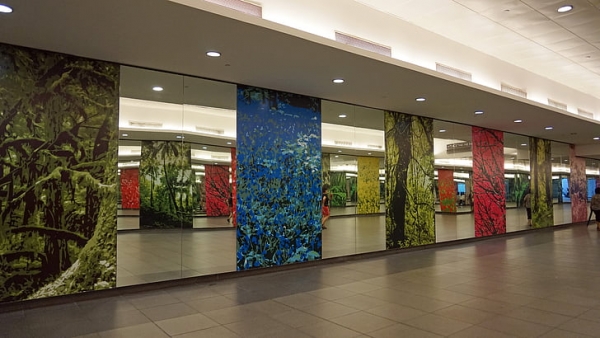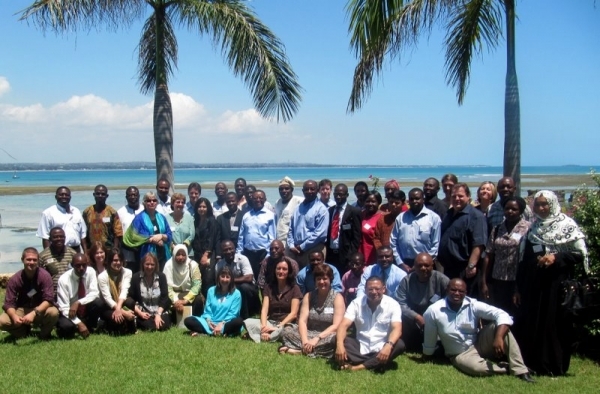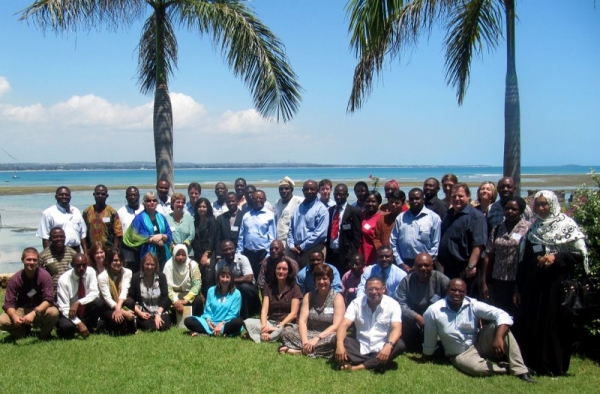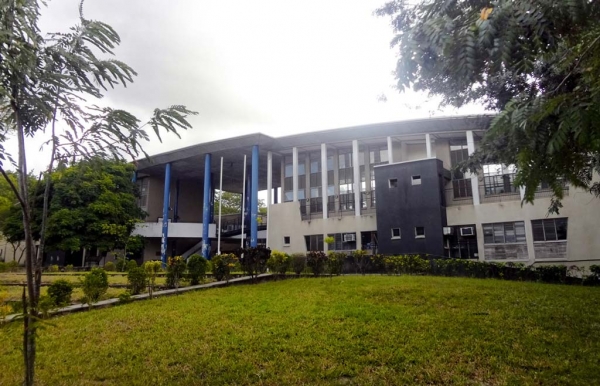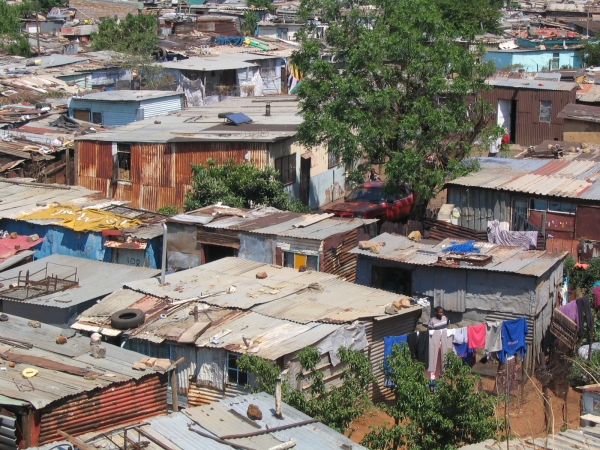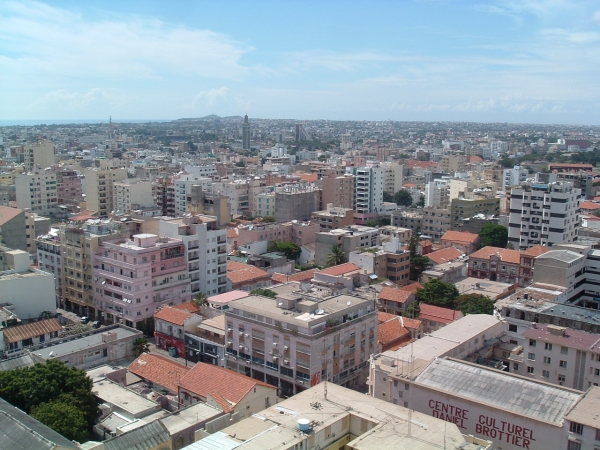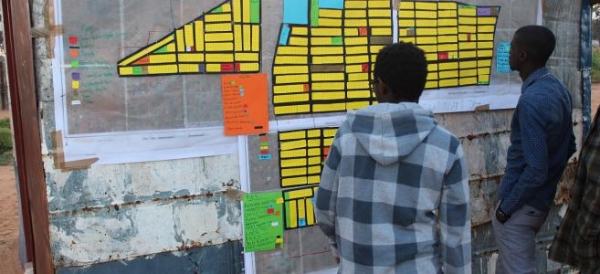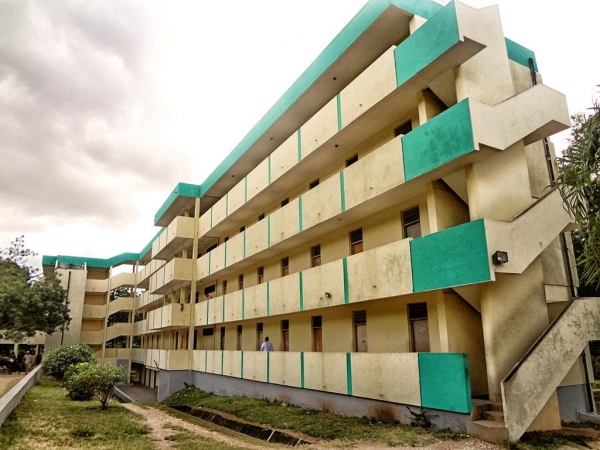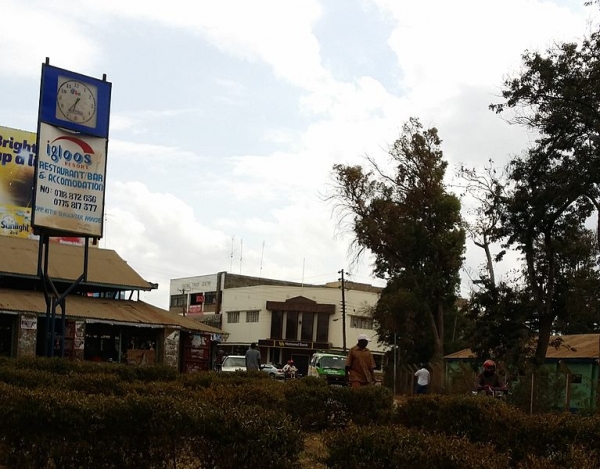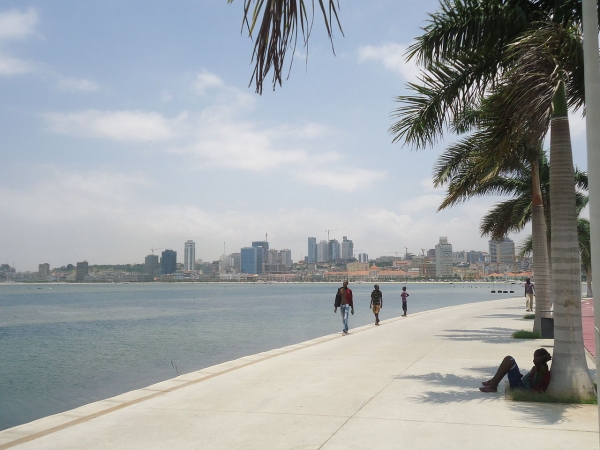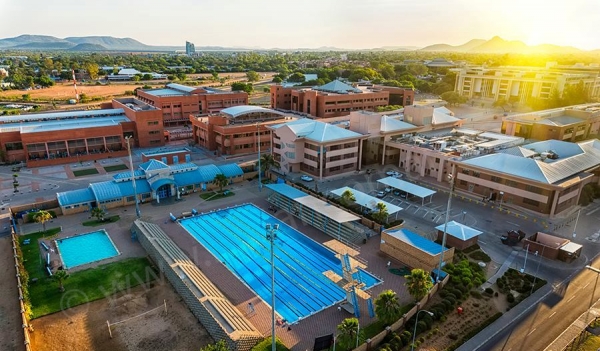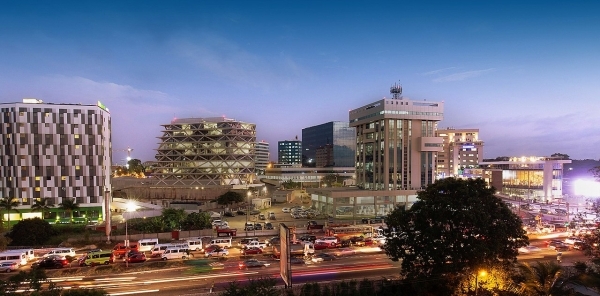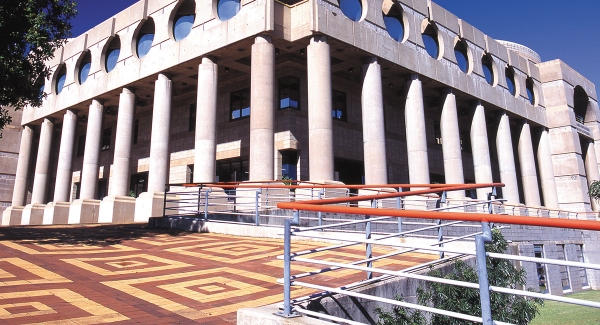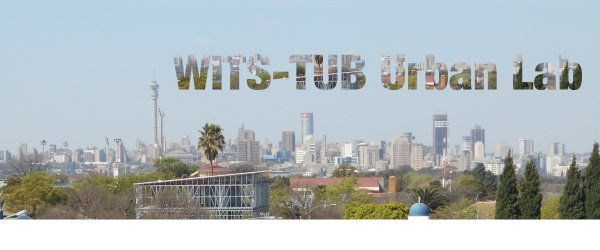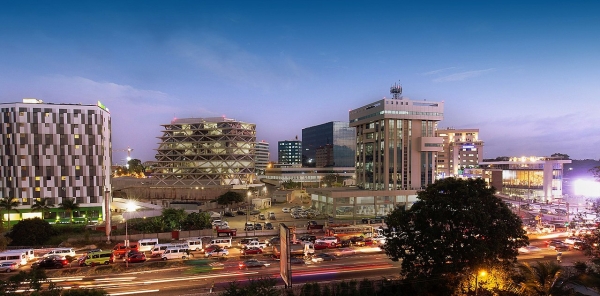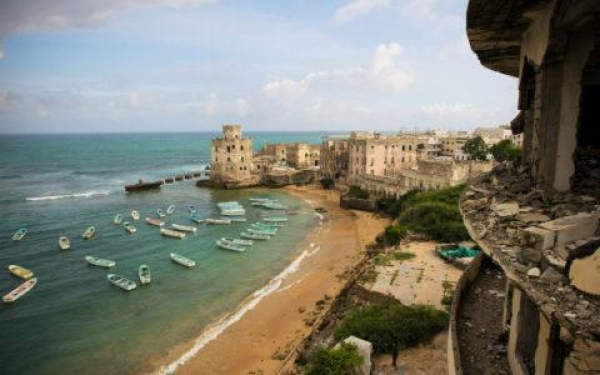With the adoption of the New Urban Agenda at the Habitat III conference in Quito, Ecuador, in October 2016, it is imperative to ensure that science can effectively contribute to the implementation of this Agenda.
As part of the five-year ‘Leading Integrated Research for Agenda 2030 in Africa’ programme, the International Council for Science (ICSU), in partnership with the Network of African Science Academies (NASAC) and the International Social Science Council (ISSC) will support 10 collaborative research projects across Africa (to the value of up to 90,000 Euro each over two years) that will advance the implementation of the Sustainable Development Goal (SDG) 11 (sustainable cities and communities) in Africa.
SDG 11 recognises the central role of urbanisation in sustainable development, and calls for making cities and human settlements inclusive, safe, resilient and sustainable. To stimulate and deliver the new knowledge required in the practice of sustainable urban development, LIRA 2030 Africa launches a call for pre-proposals to identify research projects that will explore the development of new approaches and strategies towards the innovative re-thinking of urban futures – in partnership with local authorities, industry, communities, and government.
The funders are particularly interested in research projects that are:
- Exploring ways of linking SDG 11 with other SDGs, e.g. identifying systematic linkages and synergies between economy, energy, environment, and social outcomes in the urban systems and assessing potential co-benefits and trade-offs that can lead to coherent and mutually reinforcing policies on urban development.
- Developing urban governance models that are inclusive and that recognise the existing linkages within cities, and also their impact on the wider world.
- Investigating innovative approaches of participatory integrated urban planning, reducing inequalities in urban areas; reducing environmental impacts and resource footprints of cities; improving quality of urban environments, promoting transition towards sustainable urban mobility and inclusive public transport systems.
- Exploring innovative ways of providing services in cities (e.g. clean drinking water, sanitation, energy, health, and housing) that are inclusive, accessible, affordable and resilient to climate change and natural disasters energy.
- Devising metrics for tracking progress on SDG 11, and exploring monitoring and evaluation mechanisms.
- Exploring approaches of systematic collection and sharing of relevant, accessible and timely urban data that will help to understand how key urban indicators are responding.
- Understanding skills that are needed in the African context to ensure that the SDG 11 is realised.
The call for pre-proposals aims to identify collaborative research projects in Africa that bring together African scientists from different scientific disciplines and key stakeholders (e.g. local authorities, policy makers, the private sector, civil society, urban planners, engineers and citizens) in research co-design and co – production.
Applicants should have no more than ten years' work experience following their PhDs or equivalent research experience.
Submission of pre-proposals and relevant documents may only be made using the online application form.
Please read carefully the call for pre-proposals with key requirements before submitting your pre-proposal.
Following the call, 35 pre-proposals will be selected, representatives of which will be invited to attend a training event on integrated research, which will take place on 28 August – 1 September 2017 (location tbc). This training aims to strengthen scientific capacity to undertake this form of research, to enable researchers to build meaningful inter- and trans-disciplinary projects, to support the development of full proposals and to strengthen science communication skills. Applicants should be aware that if their pre-proposals are selected, they are expected to attend this training. The programme will cover associated travel and subsistence costs.
Participants of the training will then be given about two and half months to submit full proposals (deadline is 20 November 2017, 18:00 CET). In January 2018, ten collaborative research projects across Africa will be awarded with up to 90,000 Euro each over two years.
The deadline for the submission of pre-proposals is 17 April 2017.

